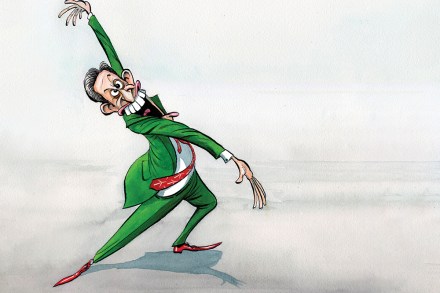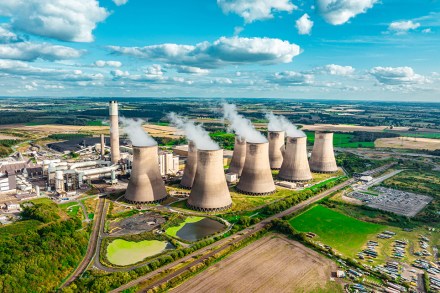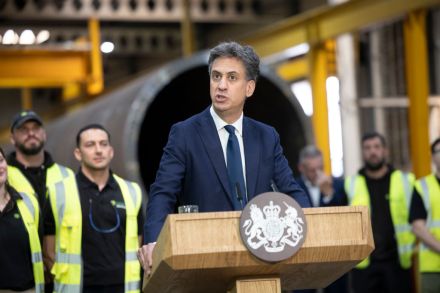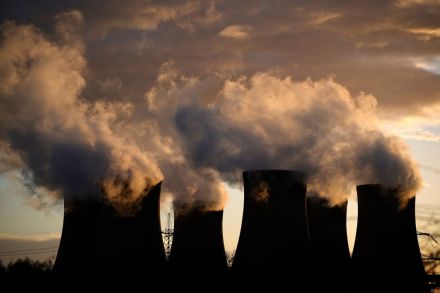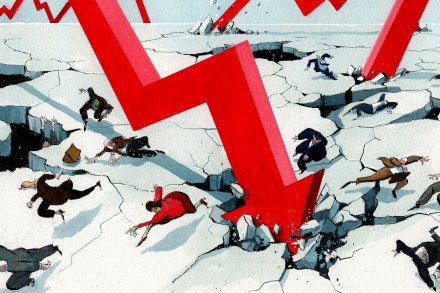Is Trump an energy humanist?
27 min listen
Freddy speaks to Robert Bryce – author of an authoritative susbstack on energy – about Trump’s energy plans for his second term. The President elect’s Cabinet picks have been raising eyebrows, including the appointment of Chris Wright as Secretary of Energy. He is an ‘unapologetic energy humanist’ according to Robert and this is a statement of intent when it comes to energy production and driving energy costs down. But what exactly is an energy humanist? And will Chris Wright be able to ‘drill baby drill’? Freddy and Robert discuss.



